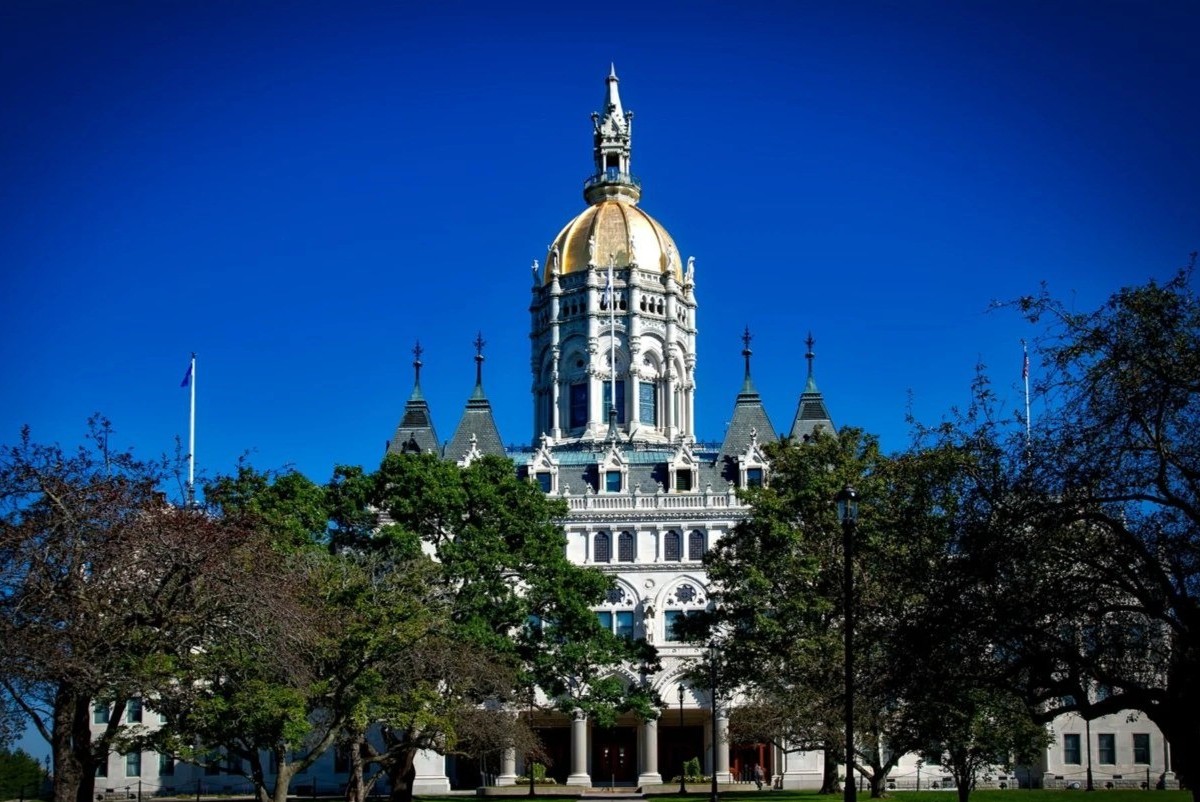Connecticut’s Landmark Settlement with High 5 Games: A New Chapter in Gaming Regulation
In a significant development for the gaming industry, the Connecticut Department of Consumer Protection (DCP) recently reached a settlement with High 5 Games, marking the first time a state agency has pressed criminal charges against a sweepstakes casino in the United States. Though the terms of the settlement do not imply any admission of wrongdoing on the part of High 5 Games, it underscores the ongoing scrutiny surrounding online gambling operations.
Background and Settlement Details
The Connecticut DCP imposed a summary suspension on High 5 Games roughly three months ago, citing concerns over illegal gambling practices. Following negotiations, High 5 Games has consented to discontinue its High 5 Casino operations within Connecticut. As part of the agreement, the company will pay a hefty fine of approximately $1.5 million, which includes $643,000 earmarked for restitution to consumers and nearly $800,000 allocated for consumer protection initiatives.
Despite these actions, the DCP has reinstated High 5 Games’ online gaming service provider license, effective May 22. This reinstatement demonstrates the state’s nuanced approach to regulation, which distinguishes between licensed providers and unlicensed operators. It’s important to note that while High 5 Games has been a licensed gaming supplier since 2021, its casino platform remained unlicensed and thus, cited as a major point of contention.
The Nature of the Allegations
The enforcement actions stem from claims that High 5 Casino operated illegally in Connecticut, with over 1,000 customers depositing at least $3.1 million during the period. Investigators found that, despite prior announcements to halt operations, the platform remained active through manipulative geolocation tactics.
High 5 Casino operated under a dual-currency model, providing users with "virtual coins" instead of direct cash, a framework raising concerns among consumer advocacy groups. Critics argue that such models lure customers into spending real money with the allure of rewards, creating a potentially exploitative environment.
Wider Implications and Legislative Response
Connecticut’s actions resonate deeply within the wider national discourse regarding the regulation of online gambling. Montana recently became the first state to specifically outlaw online sweepstakes casinos, while similar legislative initiatives are gaining traction in Louisiana and Connecticut. On May 23, the Connecticut Senate unanimously passed a bill aimed at further regulating unlicensed online gambling platforms.
DCP Commissioner Bryan Cafferelli emphasized that this case exemplifies the agency’s commitment to fostering a safe and transparent gaming environment. The settlement includes measures aimed at blocking access to High 5 Casino from users in Connecticut and mitigating the use of VPNs to bypass restrictions.
Moving Forward
As the gaming landscape continues to evolve, the High 5 Games case serves as a pivotal moment in regulatory efforts to safeguard consumers and ensure compliance among game operators. High 5 Games, through its CEO Tony Singer, has indicated a willingness to cooperate with authorities to ensure adherence to Connecticut’s regulatory framework.
Ultimately, this settlement not only reflects the ongoing evolution of gaming laws but also embodies the challenges posed by unregulated operators seeking to exploit loopholes in legislation. As more states confront these issues, a collective push towards stricter regulations seems inevitable.
